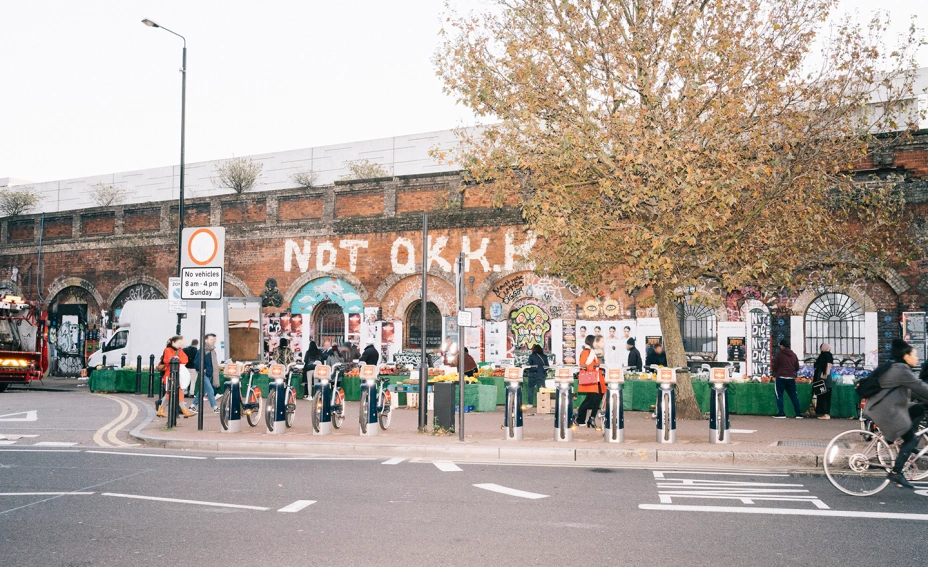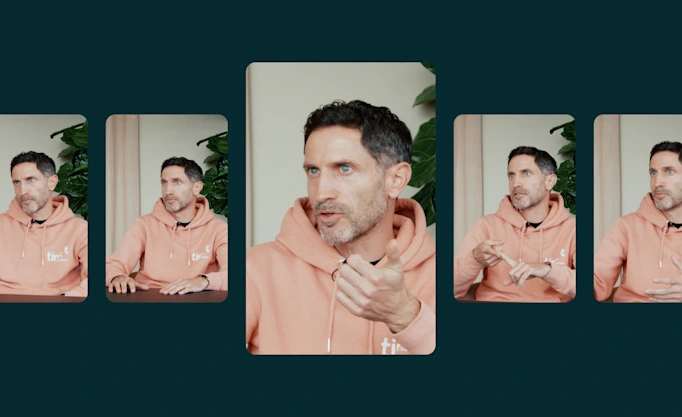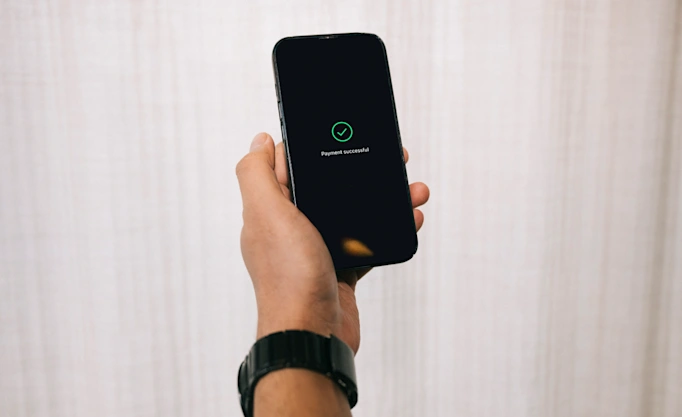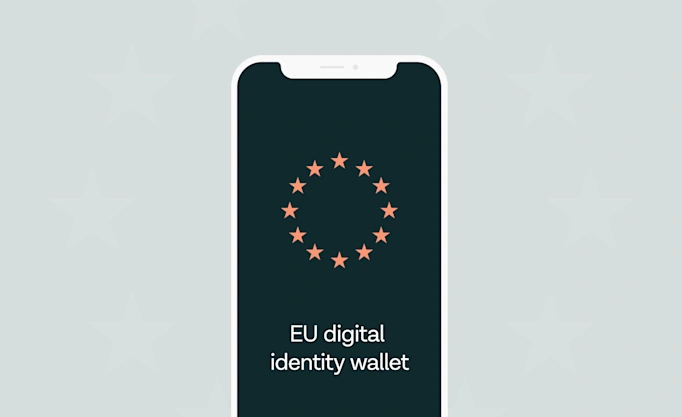How open data can help tackle the cost-of-living crisis

Inflation is going up, energy prices are skyrocketing, and the cost of living is reaching an all-time high for many – particularly in the UK. Read on to find out how data can help consumers navigate these turbulent times – thanks to the near limitless possibilities of the open data economy.
With soaring energy prices and rising inflation, consumers in the UK are facing a severe cost-of-living crisis.
Tink’s partner Youtility offers embedded savings services that help UK consumers save money through open data access.
The development of open data economies can help consumers navigate these troubled times by leveraging data beyond the financial scope.
It’s hardly escaped anyone’s notice that we live in troubled times. The UK is in the midst of a perfect economic storm, with post-COVID supply chain disruptions and labour shortages driving up costs on household essentials with inflation now at its highest for 40 years. Energy prices have also risen at an alarming rate, with global wholesale gas and electricity prices forcing household energy bills up by 54% this year already. Unfortunately, the cost of living will only continue to rise before it gets better making it even harder for many consumers to stay afloat.
But with access to the right tools, consumers struggling to make ends meet can find ways to reduce their financial burden. And it all comes down to open data access and the development of open data economies.
The power of open data
Open banking is evolving. It’s no longer only about banking (not that it ever really was), but about sparking innovation through the entire financial industry and beyond. About building a new infrastructure, powered by the latest technology and accessible to anyone with a bank account.
And today this infrastructure offers numerous features that can be deployed to help consumers navigate the ongoing crisis, such as access to money management and budgeting tools offering embedded, end-to-end money saving actions. But financial data isn’t the only kind of data that can help consumers tackle the cost-of-living crisis. In order to get to the root of the problem, we need to look beyond finance. Every day, people generate an enormous amount of data by just going through their daily routines. What if we could use this data to help consumers improve their financial – and overall – health?
We can, with open data access. If we transcend the sharing and access of financial data and focus on a broader spectrum of the consumer’s life, we’ll be moving towards a true open data economy. This would cover a much wider array of data, from healthcare to housing, personalised devices, and even social media. It’s the next step in the evolution of digital financial services – with near infinite product possibilities to help consumers save and control across their financial life. Such as connecting consumers with personalised discounts across markets, automatic identification and enrollment in public benefit schemes, and even behaviour-driven rewards. The scope is endless.
Powering embedded savings with open data
At Tink, we’ve partnered with Youtility to deliver embedded savings opportunities for all UK households. The combination of Tink’s Money Manager and Youtility’s embedded subscription management technology enables banks to deliver native and frictionless customer journeys.
Through real-time categorised transaction data, people can set budgeting goals and achieve meaningful savings on household contracts such as energy, broadband, TV, landline and mobile. Currently the average UK home can save around £200 on broadband alone.
For millions of consumers, the cost-of-living crisis will define 2022 and likely 2023. With access to broad consumer data, we can help consumers save money and earn rewards in times when every penny counts. And we will continue to work hard to deliver technology solutions for our clients that help them support their customers through these challenging financial times.
Interested in learning what open banking could do for your business? Get in touch.
More in Open banking

2025-06-09
11 min read
The case for “Pay by Bank” as a global term
Thomas Gmelch argues that "Pay by Bank" should be adopted as a standard term for open banking-powered account-to-account payments to reduce confusion, build trust, and boost adoption across the industry.
Read more

2025-06-02
3 min read
Tink joins Visa A2A – what it means for Pay by Bank and VRP
Visa A2A brings an enhanced framework to Pay by Bank and variable recurring payments (VRP) in the UK, and Tink is excited to be one of the first members of this new solution.
Read more

2024-11-19
12 min read
From authentication to authorisation: Navigating the changes with eIDAS 2.0
Discover how the eIDAS 2.0 regulation is set to transform digital identity and payment processes across the EU, promising seamless authentication, enhanced security, and a future where forgotten passwords and cumbersome paperwork are a thing of the past.
Read more
Get started with Tink
Contact our team to learn more about what we can help you build – or create an account to get started right away.
